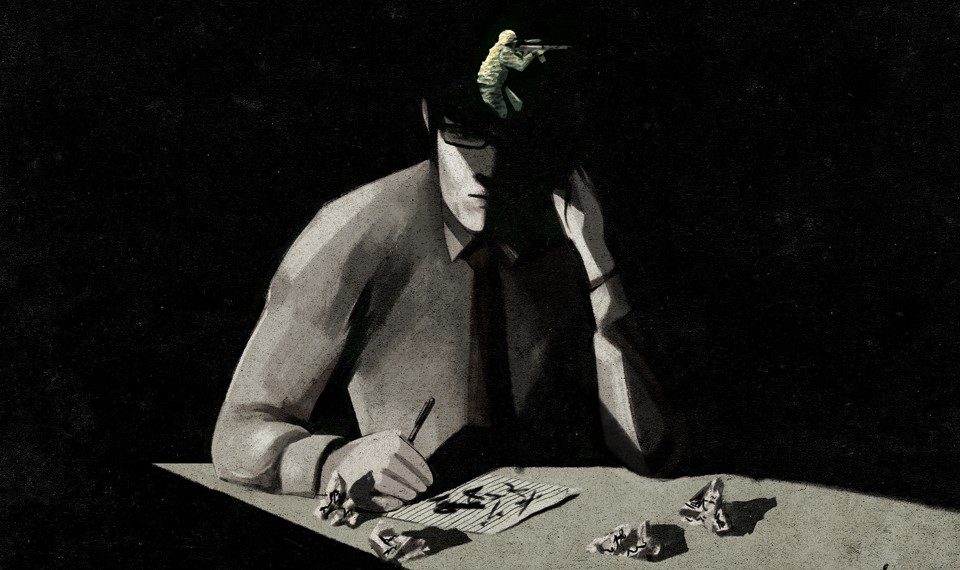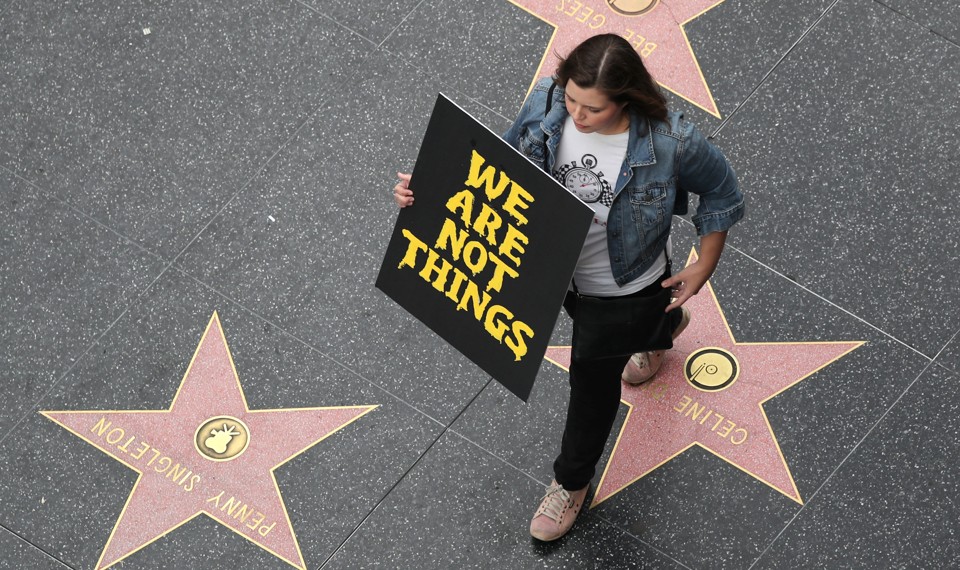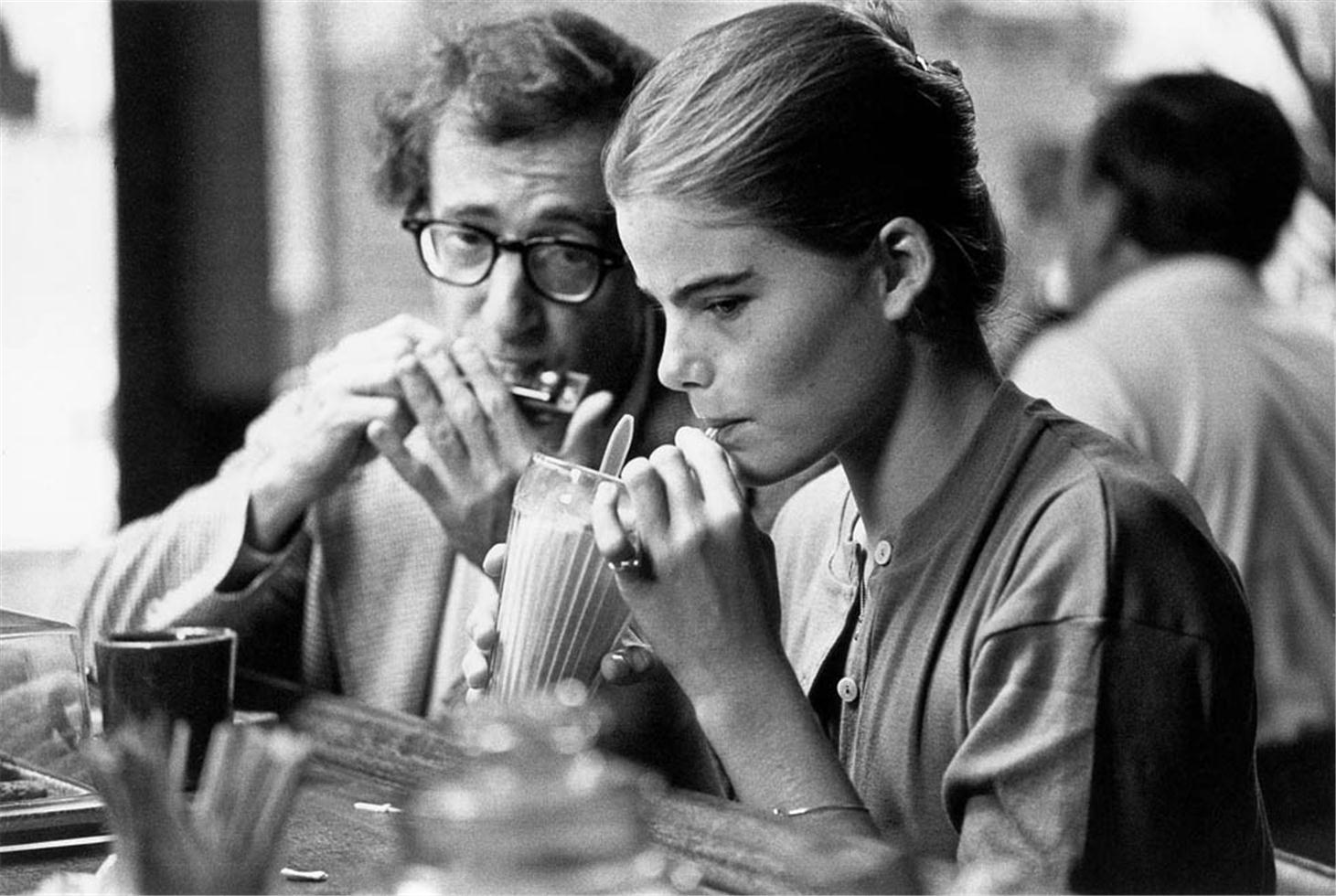And another five...
The Sexual-Abuse and Harassment Scandals Blowing Up on Broadway
thedailybeast: The young woman said she did not have stage fright. She was looking around the room to see if the alleged perpetrator of the sexual assault she had endured was there.
“I don’t say that just as a victim, but also a witness of an assault,” she said.
Lee Trull Accused of Misconduct
TheaterJones: In the Dallas Theater Center’s early seasons at the Dee and Charles Wyly Theatre, which opened in 2009, a Southern Methodist University student who performed at the theater says that Lee Trull, then a DTC casting director and a Hal and Diane Brierley Resident Acting Company member, repeatedly harassed her. At one point he “put his hand on my butt and grabbed it hard,” said the actress, who wishes to remain anonymous. This behavior continued—and worsened.
Experts: racketeering suit against Weinstein faces uphill legal battle
Business Insider: Six women on Wednesday filed a proposed class-action lawsuit against disgraced Hollywood mogul Harvey Weinstein and the companies associated with him, alleging that their coordinated efforts to cover up a pattern of egregious sexual misconduct amounted to racketeering.
The women accused Weinstein, The Weinstein Company, members of its board, and Miramax of violating the Racketeer Influenced and Corrupt Organizations (RICO) act, a law passed in 1970 that was designed to prosecute massive criminal enterprises like the Mafia.
Gretchen Carlson on Sexual Harassment Reckoning
Variety: As 2017 comes to a close, the landscape of sexual harassment claims and the manner in which companies are handling them are changing at breakneck speed.
Over the past 17 months, we’ve seen more and more women all across the country mustering the courage to speak out en masse, and amazingly, they’re no longer being instantly called liars and having their stories pushed aside.
Unmuffling a Culture of Silence
AMERICAN THEATRE: It begins innocently enough: A theatre artist asks another theatre artist to dinner. In an industry where ideas are discussed, and deals often made, in dimly lit restaurants, such meetings are considered essential for networking. Such was the case for a New York-based actor when the literary manager of a Tony-winning regional theatre asked her out for a post-show drink.










